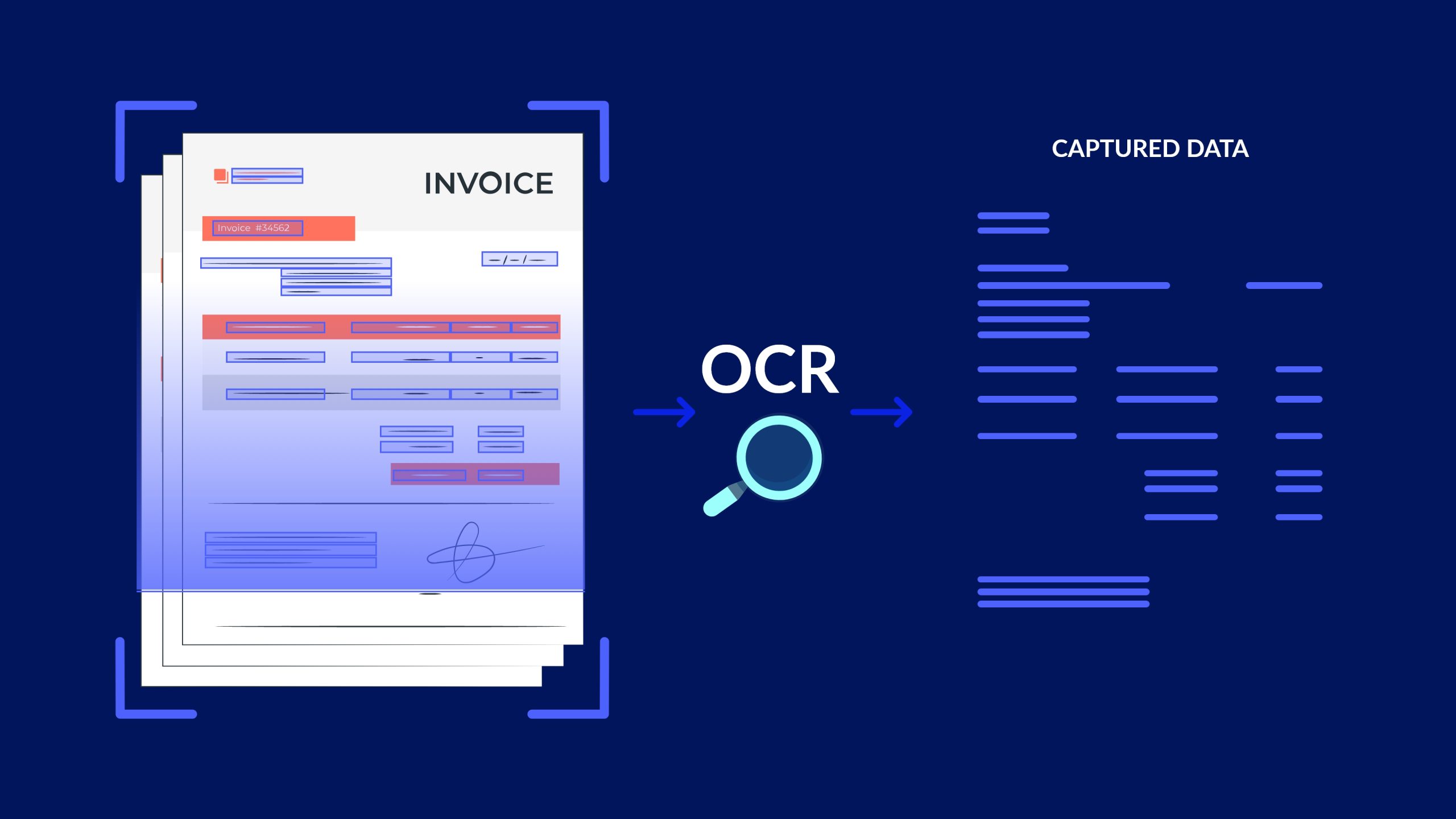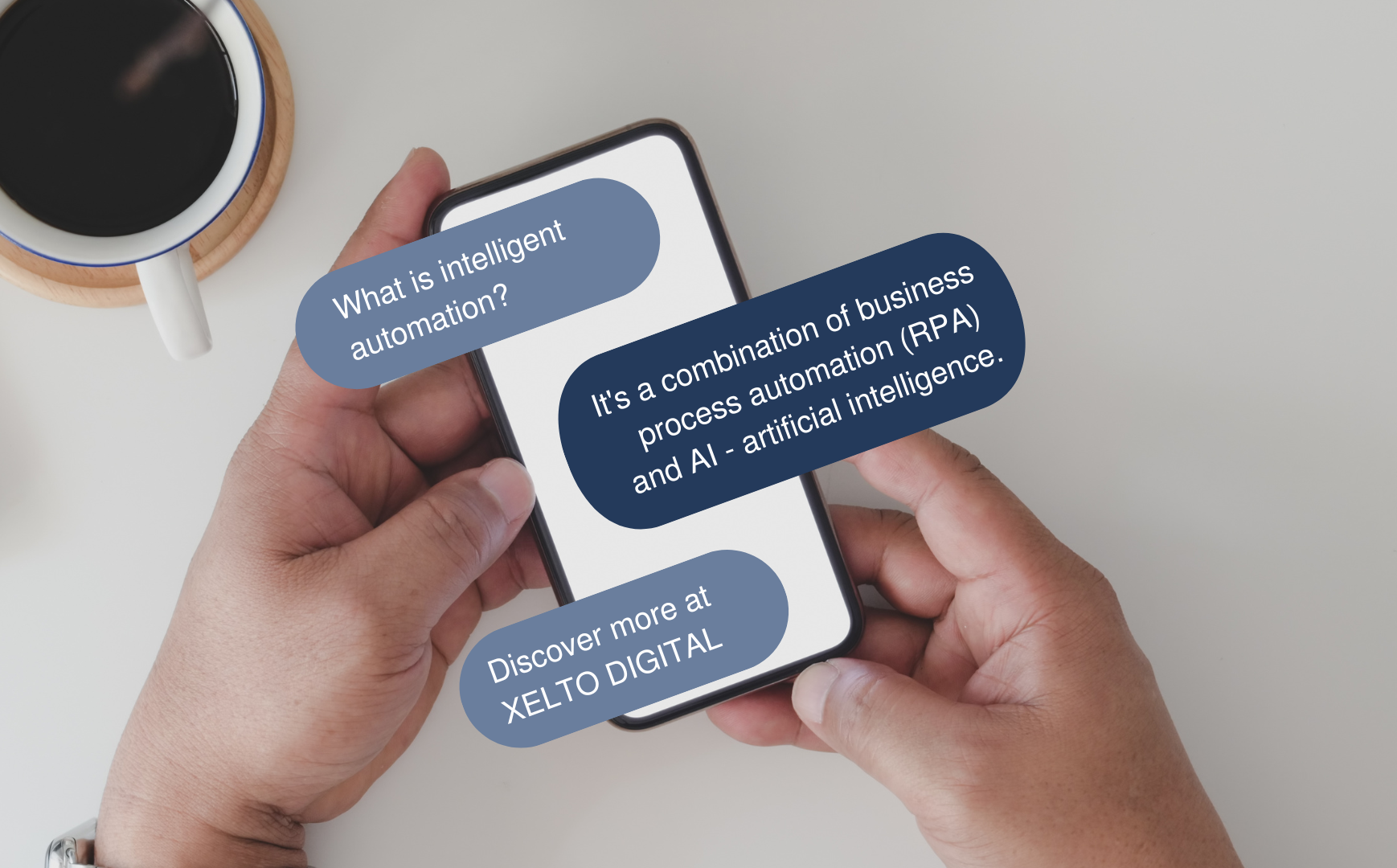
The essential role of Intelligent Automation in modern business strategies
Transformation and Revolution: The Case for Intelligent Automation in Your Business Strategy 🌟 In today’s dynamic business world, where adaptation and innovation are not just advantages, but requirements for survival, intelligent automation (IA) forms the backbone of digital transformation. IA is no longer just a technological term; it has become a fundamental shift in how businesses approach work, from finance markets to healthcare. The case of the UK’s National Health Service, where automation of referrals saved £220,000 and reduced process time from 25 minutes to just 5, is just one of many success stories. These are concrete results that speak for themselves. The Impact of Intelligent Automation In a world where business applications are as diverse as the markets they serve, IA offers consistency, efficiency, and opportunities that seemed unattainable until recently. From robotic process automation (RPA) to conversational AI, it is an integrated ecosystem that enables businesses to achieve more with fewer resources. However, despite these successes, we face challenges such as developing and maintaining the right skills among employees. Additionally, managing the change implementation of IA can add new challenges for managers. IA Implementation Strategies 🔍 Where to Start? 🔍 Align with strategy: Determine how IA supports your business goals. Leadership support: Ensure support and understanding of IA’s value. Choosing a partner: Select a provider that best supports your industry and goal. Review and adapt: Monitor and adjust actions to fit the dynamically changing environment. Intelligent automation is no longer an “option” – it’s a necessity for enterprises that want to not just survive, but thrive. Is your business ready for IA? Author: Joanna Sioła, Digital Sales Specialist











